Tea tourism, a growing industry in itself
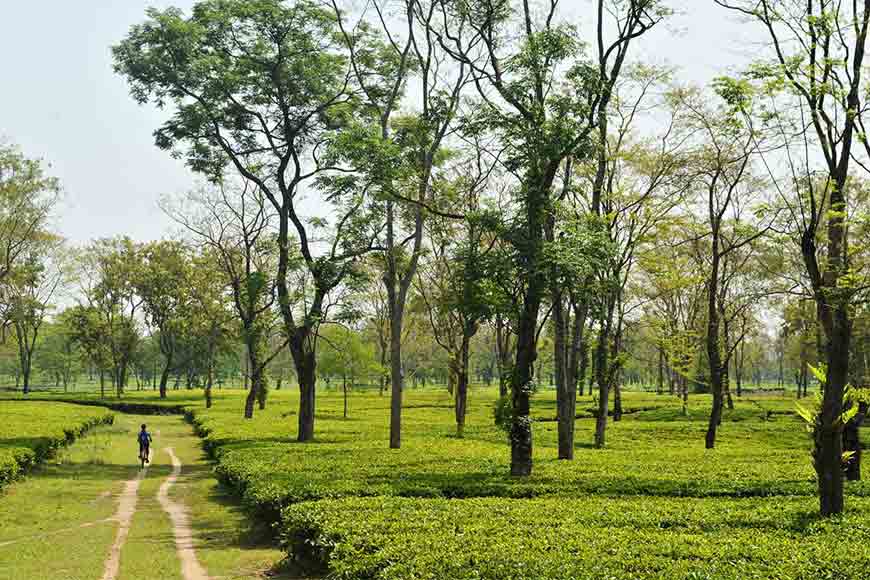
In 2013, the West Bengal government introduced the concept of ‘tea tourism’, given the numerous tea gardens in North Bengal and their splendid natural settings. The policy stipulated that if required, the tea gardens could carry out additional constructions to accommodate tourists - limited to 1.5 acres of land if the garden was on the plains, and 1 acre if in the hills. However, tea garden owners felt the stipulated land was too little to have any meaningful impact. Finally, their discontented mutterings persuaded the government to revise the land ceiling, and in November 2020, it was declared that the land ceiling for tourism projects and other specific commercial purposes would be 15 percent of a garden’s total land area, subject to a maximum of 150 acres.
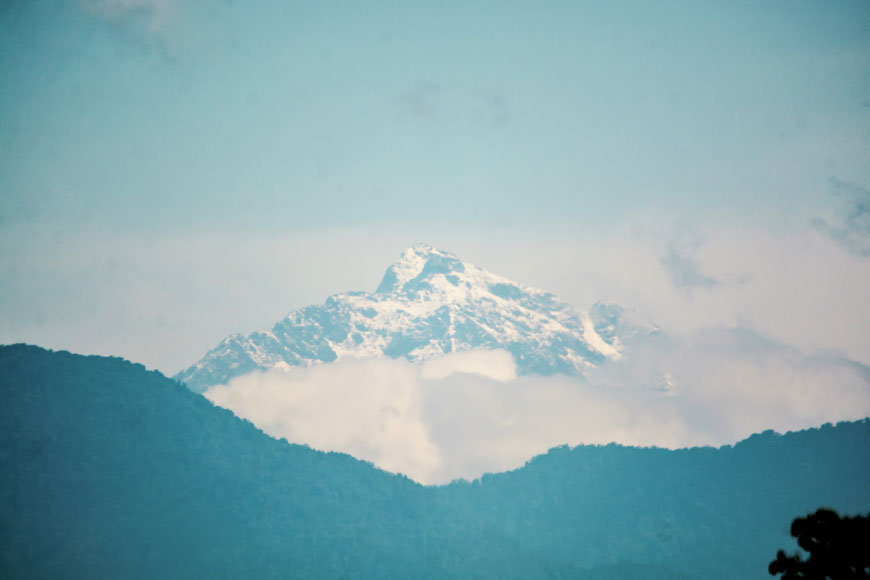
‘Other specific commercial purposes’ can now mean wellness centres, educational institutions, hospitals, cultural, recreation and exhibition centres, horticulture, floriculture, medicinal plant cultivation, and food-processing and packaging units which enables tea gardens to diversify into areas that can act as back-up during a lean year.
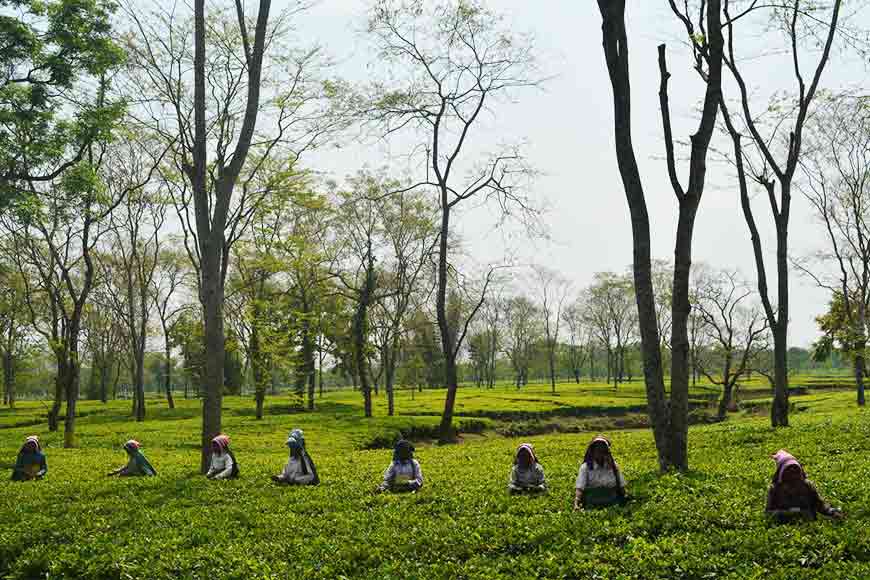
Essentially, tea tourism in North Bengal would mean spending a few days in a sprawling tea garden, in a bungalow built by British planters in pre-Independence India, walking around the garden watching tea pluckers at work, and visiting the processing units to find out how some of the world’s finest teas are processed, packaged, and sent off. An added bonus is the food, sourced almost entirely from organic local ingredients, and the manner in which it is served takes you straight back to the days of the Raj.
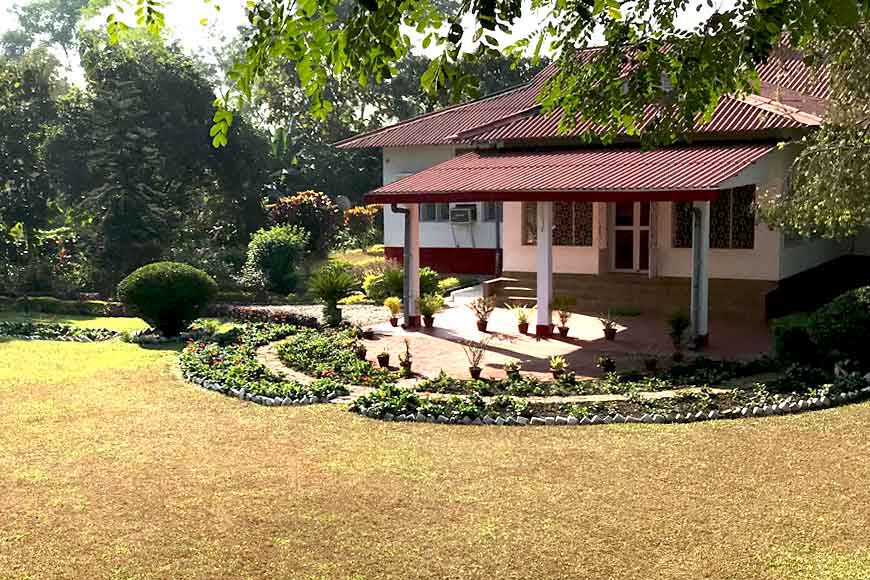
The picturesque tea-estate of Damdim in the Dooars region is a prime example. The stunning beauty of the surroundings, dominated by dense forests, meandering rivers, sprawling tea gardens and the mighty Himalayas, is enough to make the visit worthwhile. The 1,500-hectare estate, with 738 hectares of planted area, once belonged to the UK-based James Finlay group. In 1964, the estate came into the possession of TATA Finlay, the precursor to TATA Tea. At present, Damdim belongs to Amalgamated Plantations Pvt Ltd, also a TATA enterprise. On the way down from the hills of Darjeeling or Sikkim, Damdim Tea Residency is easily accessible. Depending on the time of the year, you will experience the seasonal beauty of sub-Himalayan north Bengal at its best. October to January is the best time to visit, though the rainy season has its own unique charm, too.
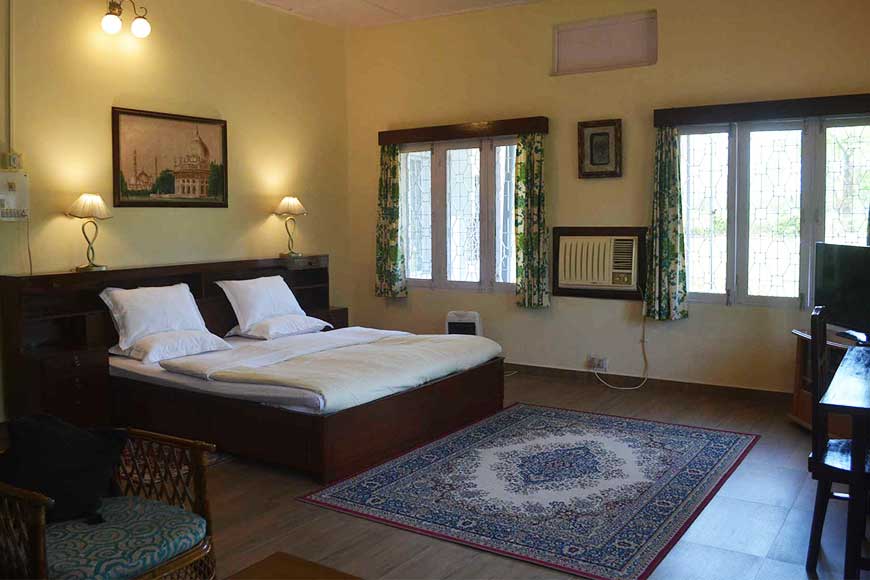
contact +919051714149 or +919382342597
Mail: resv@theoakhospitality.com
Website: http://www.theoakhospitality.com/tea_tourism/tea-trail/
On the tea trail at Damdim, the first stop is the Vegetative Propagation Nursery, where you will see how the ‘cutting’ of a single leaf and a bud creates a growing tea plant. You will also learn first-hand about the trees that provide shade to the tea plants, which are prepared in the nursery and transplanted to the garden.
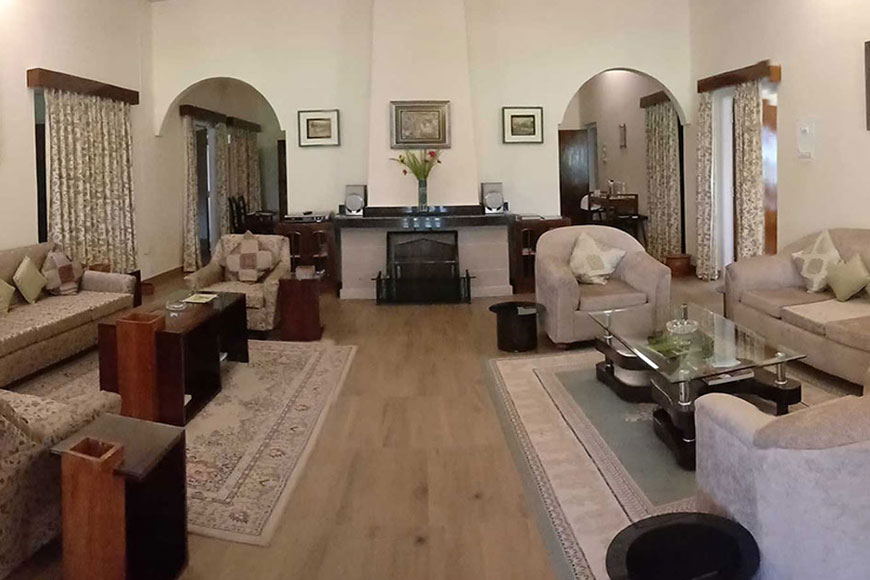
Walking to the plucking site, you will marvel at the deftness of the tea pluckers, mostly women, whose adroit fingers pluck the best quality leaves and buds from the plants. The next stop is the factory, where you gain an idea of how tender leaves are converted into dried tea leaves, and at every point there is an expert to explain the process. You will also have a chance to ‘Sip and Savour’, like a seasoned tea taster. Last but not least, you will visit a world-class packaging facility, where the finest of teas are blended and packed.
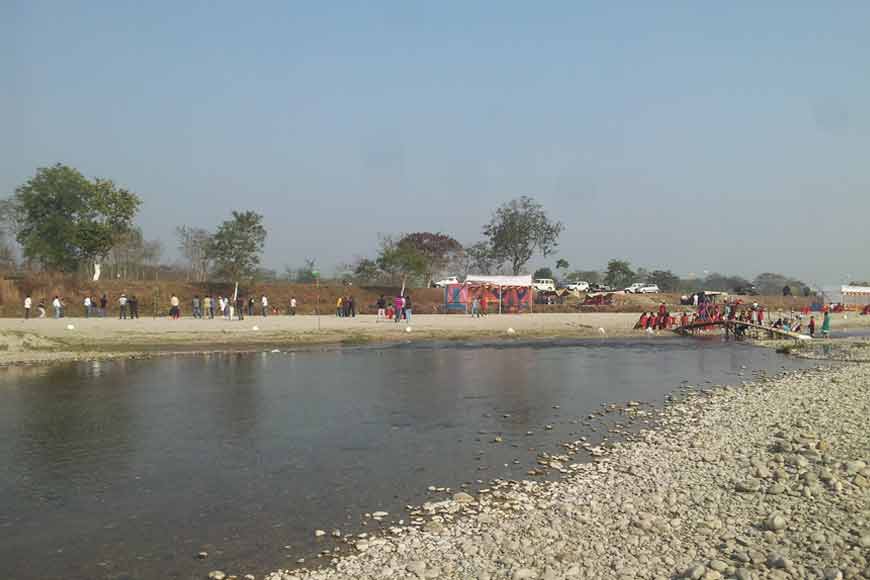
Tea gardens have become an inextricable part of Bengal’s heritage, and the quality of tea produced in the gardens of Darjeeling is easily among the best in the world. Like Damdim, Makaibari is yet another major attraction for tea tourists. Located in Kurseong subdivision, Makaibari is possibly the most fabled tea garden in the Darjeeling area, almost a household name in Bengal irrespective of whether you drink its tea. This is one of the oldest tea gardens in Darjeeling, and was the first to establish a factory, in 1859.
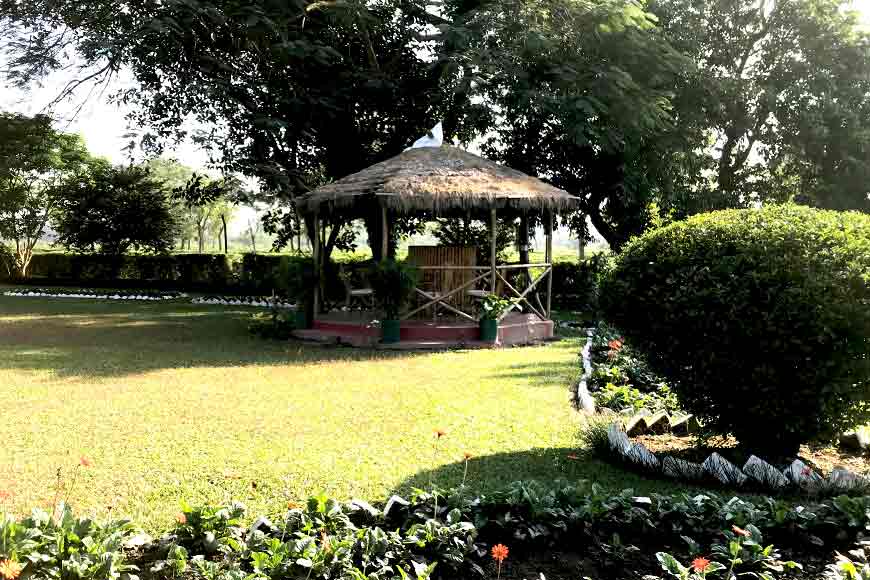
For details about travel and accommodation at Damdim Tea Residency, contact
+919051714149 or +919382342597
Mail: resv@theoakhospitality.com
Website: http://www.theoakhospitality.com/tea_tourism/tea-trail/










